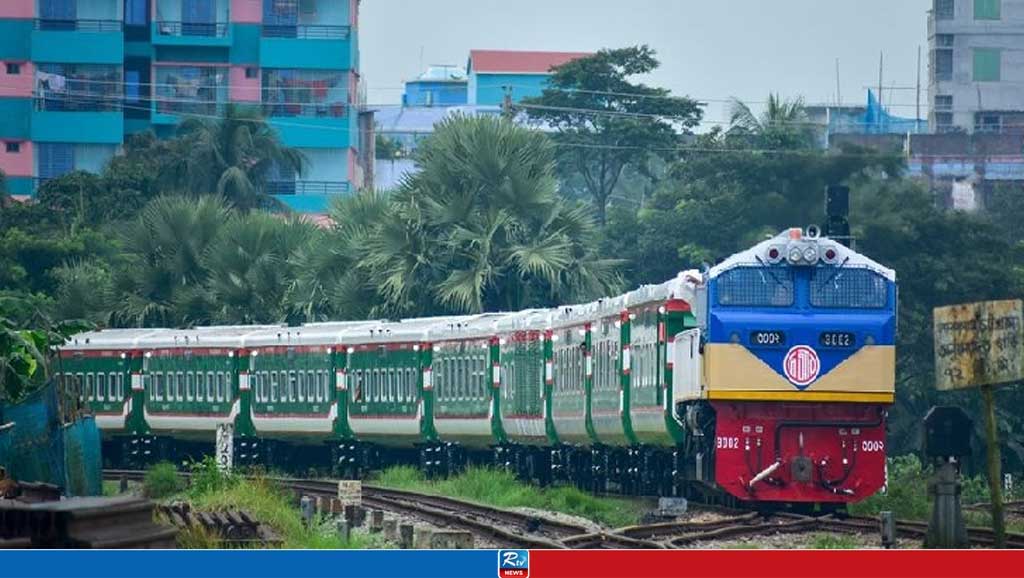Bangladesh economy shows early signs of recovery: WB
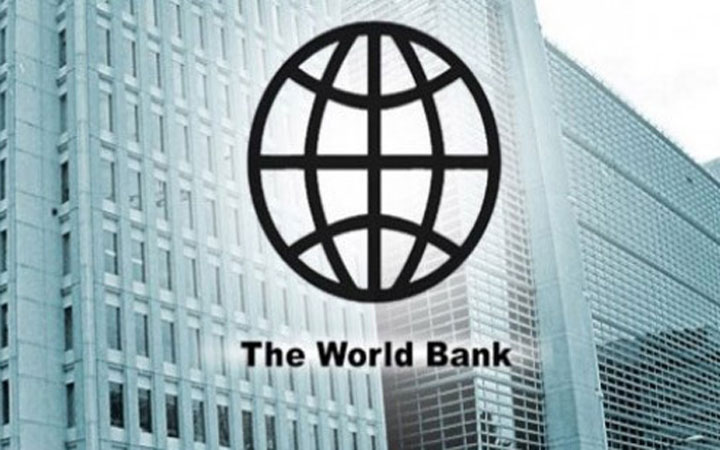
Bangladesh’s economy is showing nascent signs of recovery backed by a rebound in exports, strong remittance inflows, and the ongoing vaccination program, says a new World Bank report.
The report titled “Bangladesh Development Update – Moving Forward: Connectivity and Logistics to strengthen Competitiveness,” was launched through a virtual media briefing today (Monday).
After being severely affected by the COVID 19 pandemic-which slowed growth and for the first time in two decades slightly reversed the poverty reduction trend-the economy is recovering gradually.
Mercy Tembon, World Bank Country Director for Bangladesh and Bhutan chaired the launching session virtually today while senior economist of World Bank, Bangladesh Bernard James Haven and senior economist of World Bank Matias Herrera Dappe made two separate key-note presentations.
“Despite the uncertainty created by COVID-19, the outlook for Bangladesh’s economy is positive. Much of the pace of recovery will depend on how fast mass vaccination can be achieved,” said Mercy Miyang Tembon, World Bank Country Director for Bangladesh and Bhutan. “The World Bank will support a resilient recovery, helping Bangladesh achieve green, smart, and inclusive growth.”
In FY21, the World Bank said the real GDP growth for Bangladesh could range from 2.6 to 5.6 percent depending on the pace of the ongoing vaccination campaign, the extent and duration of mobility restrictions and how quickly the world economy recovers.
The lending agency said growth will be supported by a recovery in manufacturing as export demand strengthens, a rebound in construction supported by accelerating public investment, and robust service sector growth as the vaccination campaign progress. Inflation is projected to remain close to Bangladesh Bank’s 5.5 percent target, and the fiscal deficit is projected to remain at 6 percent of GDP.
When asked what are the challenges the country would face during this difficult time of COVID-19, Mercy said the problem is not about the challenges, rather what the country would do to go forward.
“We need a series of strategies ……..that will emphasis on green, resilient and inclusive growth and development,” she added.
The World Bank country director said there is a need for lot of efforts to address malnutrition, stunting and better health care for all.
Besides, she stressed the need for accelerating digital technology, improving local supply chain, logistics, connectivity and biodiversity.
Replying to another question about the progress on possible $500 million budget support recently sought by Finance Minister AHM Mustafa Kamal, Mercy Tembon said the concerned World Bank team is already working on this and by the end of its mission, it is likely to be finalized.
She said the biggest assets of Bangladesh is its people and for this they need to be healthy, educated and also having a good livelihood.
Responding to another question about the government’s measures to protect the poor during this pandemic situation, the county director said Bangladesh did extremely well when the pandemic hit and it had also launched a good number of stimulus packages to keep people remain employed despite the shocks.
Besides, she said there was a lot of social protection measures like cash transfers while the whole drive by the government was to ensure that the poor are not suffered from hunger.
“The government had good performances in taking care of the poor,” Tembon said adding that the social protection measures helped people during this bad time and also to keep people in their jobs.
Asked about the reasons behind projection of a wider growth range instead of a specific number this time by the lending agency, Tembon said the growth number depends on many other things which are happening now.
She said if the inward remittances to Bangladesh continue its robust and resilient growth, then growth in this fiscal year could be around 5 percent.
Over the first half of FY21, the World Bank said factories reopened and exports rebounded. However, the economy faces elevated risks in the context of the ongoing COVID-19 pandemic.
In Dhaka and Chittagong, the country’s two largest cities, recent surveys pointed to a recovery in the labor market in the first half of FY21. With gradual restoration of livelihoods, food security in poor and slum areas improved. In Chittagong, the percentage of adults working had returned to pre-COVID levels by February 2021.
Risks to the outlook remain elevated. A fragile global economic recovery could dampen demand for RMG products and limit job opportunities for migrant workers. The COVID-19 pandemic has exacerbated financial sector risks stemming from nonperforming loans and weaknesses in bank governance and risk management.
Improving logistics performance could help accelerate the recovery and improve competitiveness. The report outlines opportunities to modernize the logistics system to ensure business continuity and build resilience.
This can be achieved through a system-wide strategy to increase logistics efficiency; improve the quality, capacity, and management of infrastructure; improve the quality and integration of logistics services; and, achieve a seamless integration of regional logistics services.
Besides, the lending agency also suggested some key priorities which include increasing government revenues, diversifying exports, resolving financial sector vulnerabilities, rebalancing urbanization, and improving the business climate.
“The COVID-19 pandemic has led to an unprecedented global recession,” said Bernard Haven, World Bank Senior Economist, and co-author of the report. “Protecting households affected by the pandemic remains an urgent priority, while structural reforms can help accelerate the recovery.”
Answering to a question, Bernard said the lockdown would have an impact on employments and for this the government would have some additional programme to support the affected people.
The Bangladesh Development Update is a companion piece to the South Asia Economic Focus, a twice-a-year World Bank report that examines economic developments and prospects in the South Asia Region, and analyzes policy challenges faced by countries.
The Spring 2021 edition titled South Asia Vaccinates, launched on March 31, 2021, shows that economic activity in South Asia is bouncing back, but growth is uneven, recovery remains fragile, and the economic outlook is precarious. The report also focuses on the different dimensions of vaccine deployment and provides a cost-benefit analysis of vaccination in the region.
Source: BSS
AH
Comments
Bribery, corruption main barriers to promote business in Bangladesh: US report
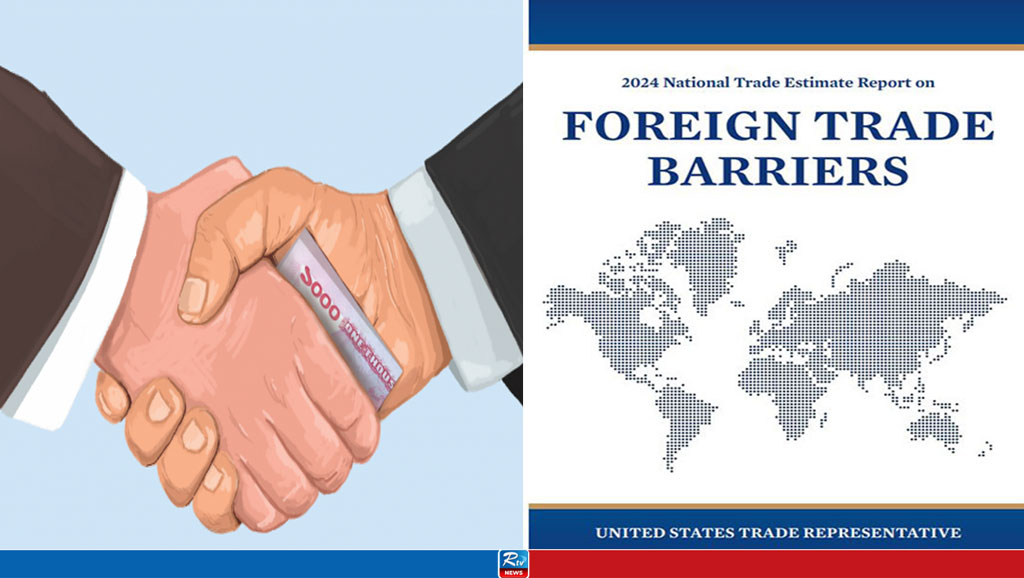
Export earnings rise 10% in March
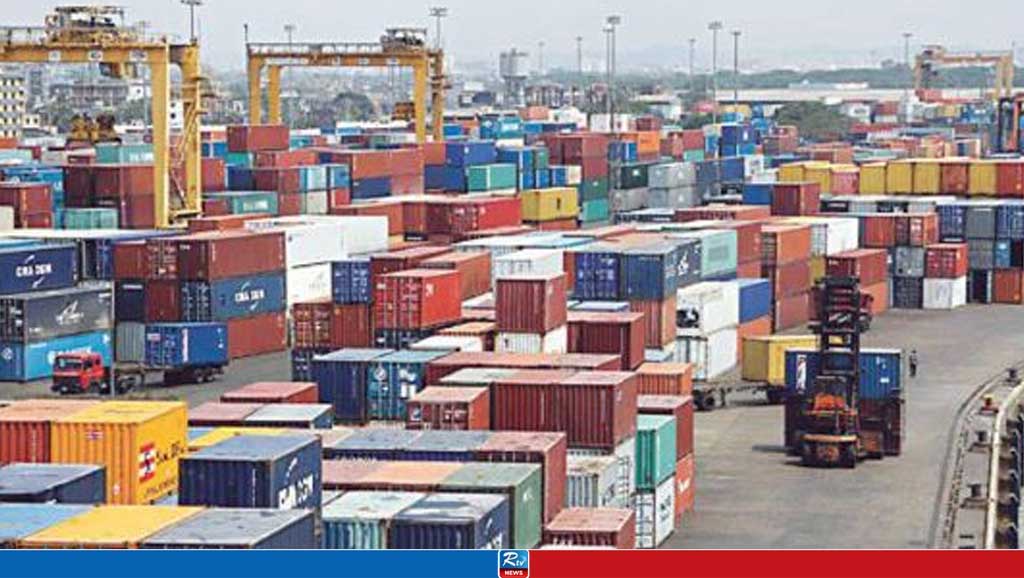
LPG price cut by Tk 40 for 12 kg cylinder
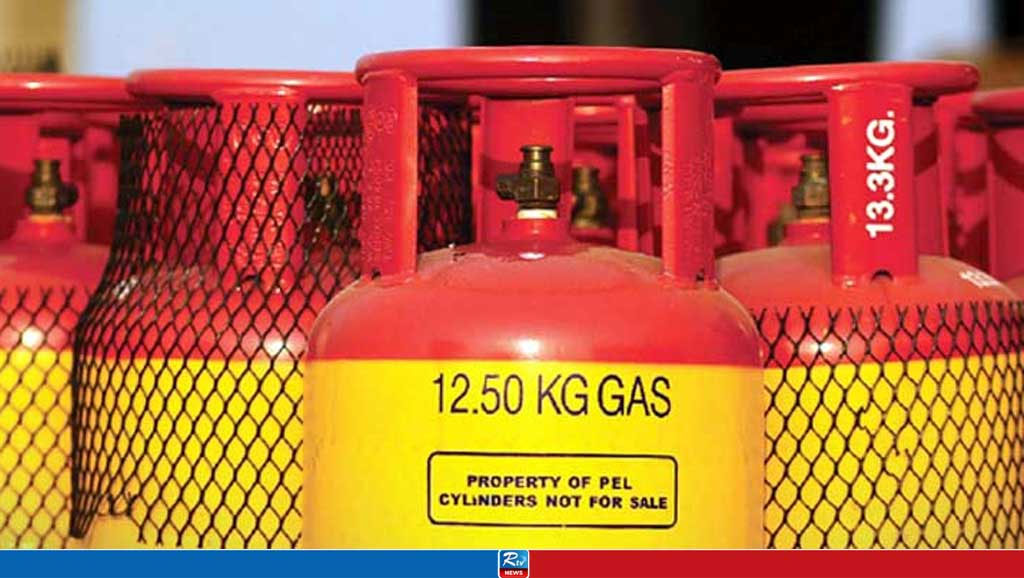
BASIC Bank to merge with City Bank
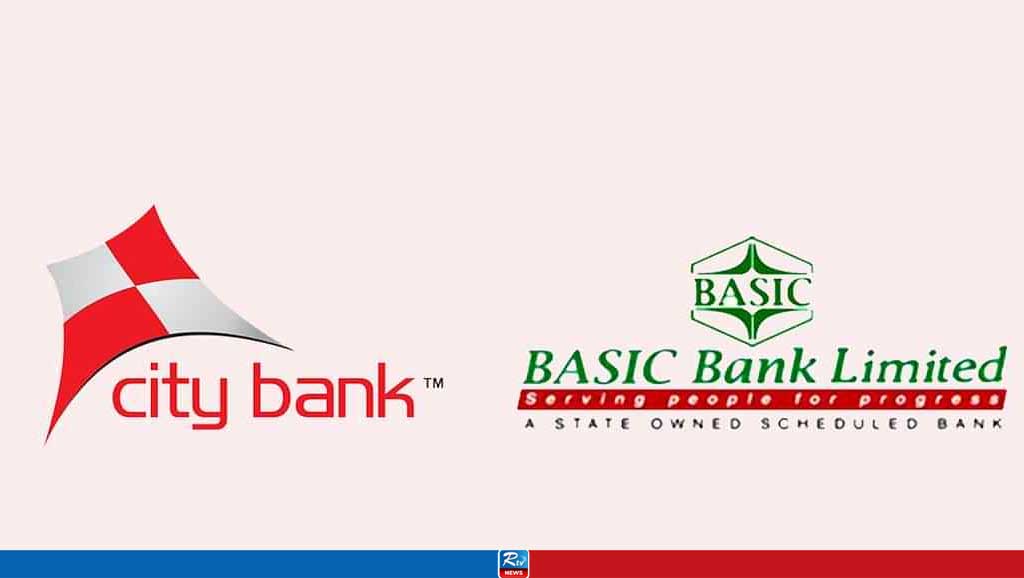
Gold prices hit a record high

Bottled Soybean oil prices raised by Tk 4 per litre
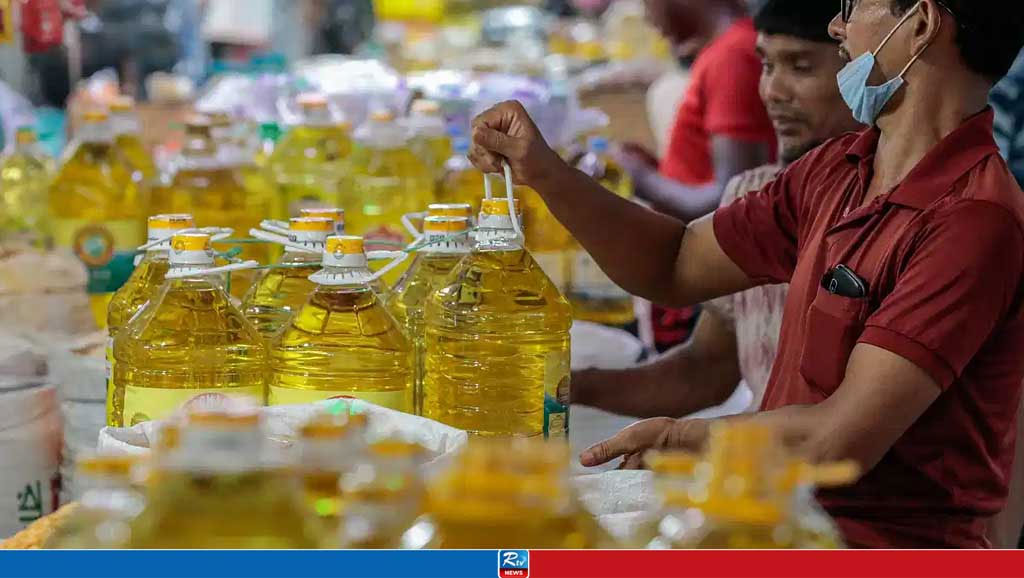
Gold prices slashed by Tk 3,138 per bhori


 Live Tv
Live Tv




